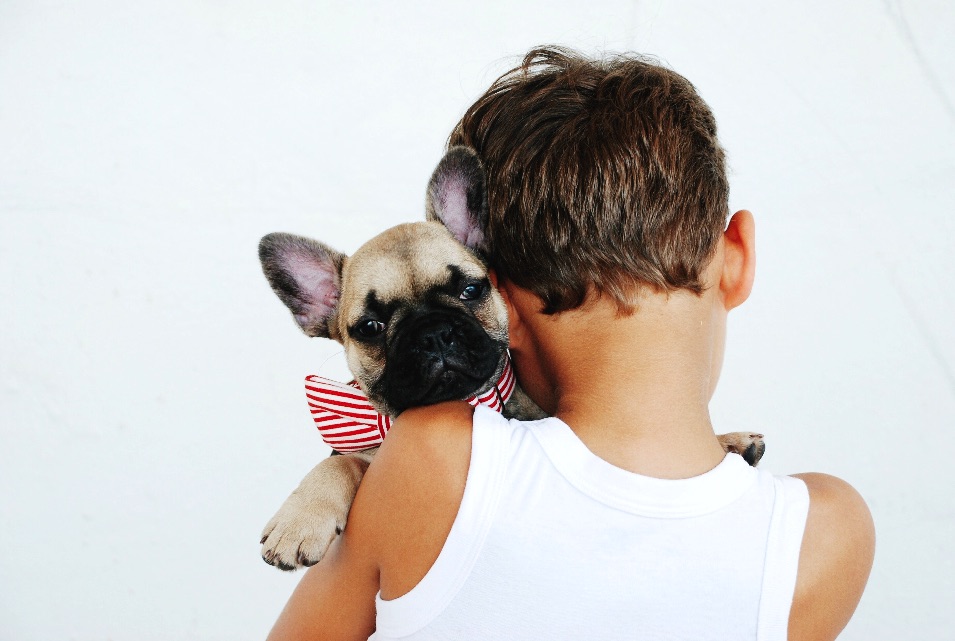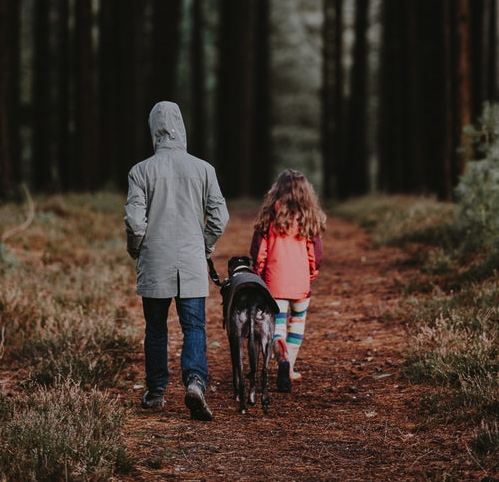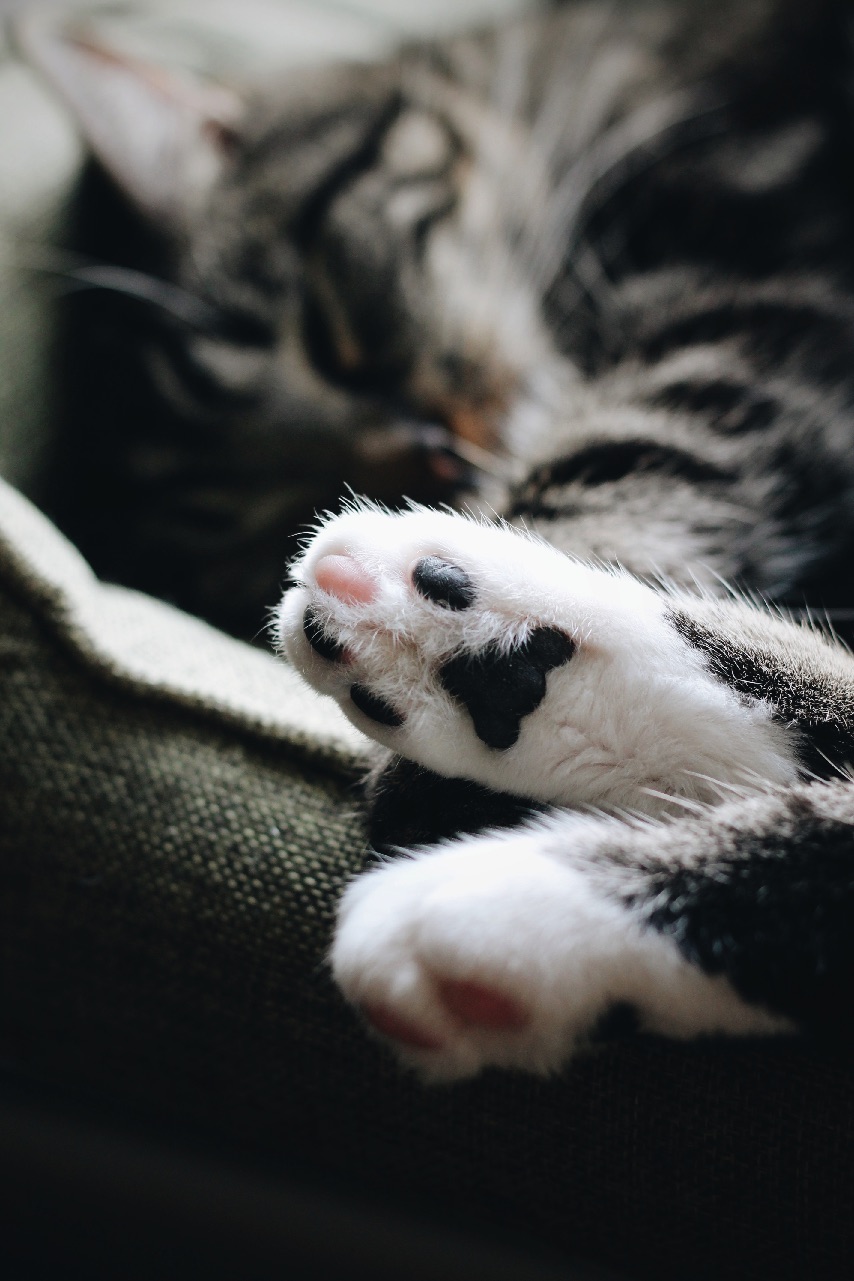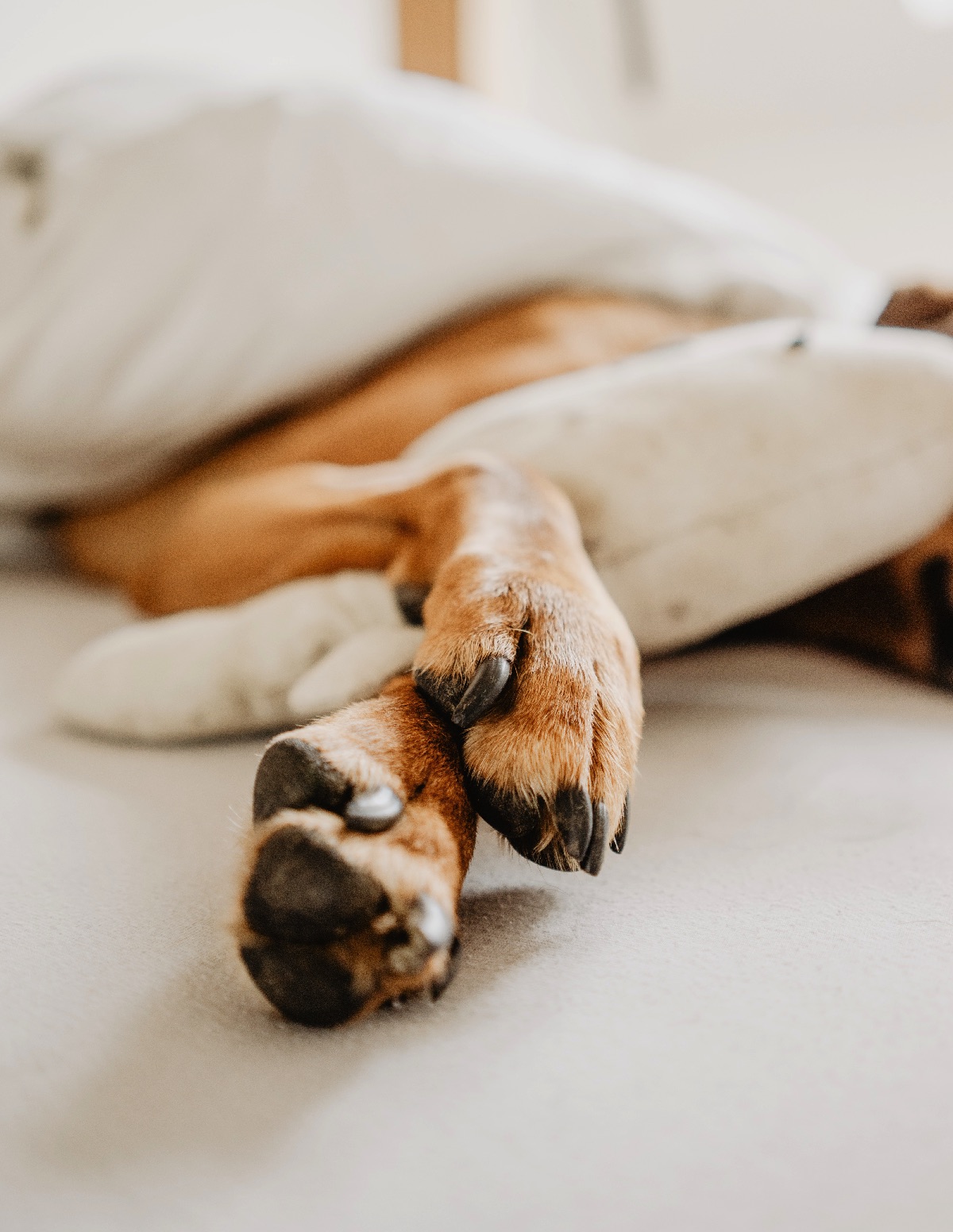PreciousPetsAnimalCrematory (the "Company", "we", "our") provides this Privacy Policy to inform you of our policies and procedures regarding the collection, use and disclosure of personal information we receive from users of www.preciouspetsanimalcrematory.com (the "Site"). This Privacy Policy applies only to information that you provide to us through the Site. This Privacy Policy may be updated from time to time. We will notify you of any material changes by either (i) posting the new Privacy Policy on the Site or (ii) by providing the new Privacy Policy via email (in each case to the address you provide). For notices made by e-mail, the date of receipt will be deemed the date on which such notice is transmitted. You are advised to consult this policy regularly for any changes. Unless otherwise defined in this Privacy Policy, terms used in this Privacy Policy have the same meanings as in our Website Terms of Use located on the Site.
As used in this policy, the terms "using" and "processing" information include using cookies on a computer, subjecting the information to statistical or other analysis and using or handling information in any way, including, but not limited to collecting, storing, evaluating, modifying, deleting, using, combining, disclosing and transferring information within our organization or among our affiliates within the United States or internationally.
Information We Collect and How We Use It
Our primary goal in collecting information is to provide and improve our Site, services, features and content, to administer your membership (together, the "Service"), and to enable users to enjoy and easily navigate the Site.
We Limit How Your Personally Identifiable Information is Used
- When you register with us through the Site as a Member we will ask you for personally identifiable information. This refers to information about you that can be used to contact or identify you ("Personal Information"). Personal Information includes, but is not limited to, your name, phone number, credit card or other billing information (if you purchase a subscription for use of the Service), email address and home and business postal addresses.
- We also collect the other information that you provide as part of registration and the administration and personalization of your profile webpage (e.g., without limitation, zip code (on its own) and individual preferences and Financial Information (as defined below)) ("Non-Identifying Information").
- We use your Personal Information (in some cases, in conjunction with your Non-Identifying Information) mainly to provide the Service, complete your transactions, and administer your inquiries.
- Certain Non-Identifying Information would be considered a part of your Personal Information if it were combined with other identifiers (for example, combining your zip code with your street address) in a way that enables you to be identified. But, the same pieces of information are considered Non-Identifying Information when they are taken alone or combined only with other non-identifying information (for example, your viewing preferences). We may combine your Personal Information with Non-Identifying Information and aggregate it with information collected from other Members (defined below) to attempt to provide you with a better experience, to improve the quality and value of the Service and to analyze and understand how our Site and Service are used. We may also use the combined information without aggregating it to serve you specifically, for instance to deliver a product or service to you according to your preferences or restrictions.
- We also use your Personal Information for the Company to contact you with our newsletters, marketing or promotional materials, and other Company information that may be of interest to you. If you decide at any time that you no longer wish to receive such communications from us, please follow the unsubscribe instructions provided in any of the communications, update your preferences from within the User Services Center, or contact us with a request that you wish to no longer receive such communications from us. (For more information see "Changing or Deleting Information.") However, the Company may use your Personal Information to contact you about significant announcements about the Site or Services, about your Account, about fulfillment of any transactions you may complete using the Service, or about other significant developments that may affect your use of the Site. You cannot choose to not receive these kinds of communications.
Your Financial Information Is Not for Sale
We do not and will not share, rent, or sell your financial information (which includes, without limitation, your transaction history and account balances) ("Financial Information"). As part of the Service, we may obtain Financial Information from financial institutions you have accounts with and make it available on the Site. Such Financial Information may or may not contain Personal Information. You will be given the opportunity to consent before we solicit financial institutions for your Financial Information. These financial institutions may have their own privacy policies that govern the sharing of your Financial Information with third parties. By soliciting a financial institution for your Financial Information after obtaining your consent, we do not represent or warrant, either expressly or implicitly, that the sharing of your Financial Information by that financial institution with us complies with that financial institution’s privacy policy. By consenting to our obtaining your Financial Information from a financial institution, you authorize us to obtain your Financial Information consistent with the terms of the agreement between you and the Company. If you wish to limit the financial institutions from which we obtain Financial Information about you, please update your preferences in the User Services Center. (For more information see "Changing or Deleting Information.")
How Log Data Improves Service Delivery
When you visit the Site as a Member (any of these, a "Company User"), our servers automatically record information that your browser sends whenever you visit a website ("Log Data"). This Log Data may include information such as your computer’s Internet Protocol ("IP") address, browser type, or the webpage you were visiting before you came to our Site, pages of our Site that you visit, the time spent on those pages, information you search for on our Site, access times and dates, and other statistics. We use this information to monitor and analyze use of the Site and the Service, and for the Site’s technical administration, to increase our Site’s functionality and user-friendliness, and to detect and deter fraudulent activity. For example, if you access your Account and minutes later subsequent attempts are made to access your Account from a remote location, we may suspend access to your Account in order to prevent privacy or security compromise by fraudsters. We also use this information to verify that visitors to the Site meet the criteria required to process their requests. We do not treat Log Data as Personal Information or use it in association with other Personal Information, though we may aggregate, analyze and evaluate such information for the same purposes as stated above regarding other Non-Identifying Information.
Limiting the Use of Cookies
We do not utilize persistent "cookies" to monitor your activity and movement throughout the Internet. We utilize per-session cookies, which are small data files transferred to your computer for the purpose of web application session tracking. Unlike persistent cookies, per-session cookies are deleted from your computer when you log off from the Site and Service and then close your browser. Nothing is permanently stored on your computer and everything is removed upon closing your session. You can instruct your browser, by changing its options, to stop accepting cookies or to prompt you before accepting a cookie from the websites you visit, though if you do not accept cookies, you may not be able to use all portions of the Site or all functionality of the Service.
Protect Yourself Against Phishing
We are committed to safeguarding your personal information and helping protect you from identity theft and "phishing." We do not and will not, at any time, request your credit card information, your account ID, login password, or national identification numbers in a non-secure or unsolicited e-mail or telephone communication. For more information about phishing, visit the Federal Trade Commission’s website at www.ftc.gov. If you do receive correspondence requesting any of the previously mentioned information, please submit a Customer Support Request from within the User Services Center immediately.
Aggregated Information and Non-Identifying Information Are Not For Sale
We do not and will not share, rent, or sell aggregated financial data or your Personal Information with marketers or unaffiliated third parties. However, we may share and otherwise disclose Non-Identifying Information and Log Data with affiliated third parties for industry analysis, demographic profiling and to improve user experience. Any aggregated information shared in these contexts will not contain financial data and Personal Information.
Limiting the Role of Service Providers
We may use third-party companies and individuals to facilitate our Service, to provide the Service on our behalf, to perform Site-related services (e.g., without limitation, billing/payment services, marketing services, maintenance services, web analytics and improvement of the Site’s features) or to assist us in analyzing how our Site and Service are used. These third parties have limited access to Personal Information and are only provided with information necessary to perform these tasks on our behalf. They are obligated to maintain the confidentiality of the information disclosed to it and are prohibited from disclosing or using your Personal Information for any other purpose.
Complying with Laws and Law Enforcement
We cooperate with government and law enforcement officials and private parties to enforce and comply with the law. We will disclose any information about you to government or law enforcement officials or private parties as we, in our sole discretion, believe necessary or appropriate to respond to claims and legal processes (including but not limited to subpoenas), to protect the property and rights of Company or a third party, to protect the safety of the public or any person, or to prevent or stop activity we may consider to be, or to pose a risk of being, illegal, unethical or legally actionable activity.
Your Data May Only be Transferred as a Result of a Change of Control
Company may sell, transfer or otherwise share some or all of its assets, including your Personal Information, in connection with a merger, acquisition, reorganization or sale of assets or in the event of bankruptcy.
Retention
Subject to what is provided below in "Changing or Deleting Your Information," by becoming a Member, you are giving us consent to retain your Personal Information and Non-Identifying Information for as long as you are a Member.
Changing or Deleting Your Information
You may review, update, correct or delete the Personal Information in your Member Profile through the User Services Center accessible after you login to the Site. You can also review, add, and delete the financial institutions from which we obtain Financial Information about you on your Member Profile. If you completely delete all such information, then your Account may become deactivated. If you would like us to delete all or a portion of your record in our system, please contact us with a request that we delete your Personal Information and/or Financial Information from our database. We will use commercially reasonable efforts to honor your request. We may retain an archived copy of your records as required by law or for legitimate business purposes.
Protecting Your Security and Privacy
Security and privacy are cornerstones of our Service offering. We take our responsibility of safeguarding your information seriously and employ physical, technological, and administrative security measures in order to protect your information. These measures include: storing Member information in an undisclosed, high-security data center; using secured, encrypted servers to store Member information; storing your information in encrypted form behind a firewall designed to block access from outside our network; and backing up data files on a regular basis. However, we remind you that no method of transmission over the Internet, or method of electronic storage, is 100% secure. Therefore, while we strive to use reasonable means to protect your personal information, we cannot guarantee its absolute security. As a result, we encourage you to take reasonable precautions to protect your anonymity and personal information when using the Site.
Our policy is to limit access to your Personal Information to those of our employees who need access to perform their duties. Any employee who violates our privacy and/or security policies may be subject to disciplinary action.
We will make any legally required disclosures of any breach of the security, confidentiality, or integrity of your unencrypted electronically stored "personal data" (as defined in applicable state statutes on security breach notification) to you via email or conspicuous posting on this Site (or any other means of communication required by law) in a reasonably prompt manner and without unreasonable delay, insofar as consistent with: (i) the legitimate needs of law enforcement, or (ii) any measures necessary to determine the scope of the breach and restore the reasonable integrity of the data system.
Our Policy Toward Children Under 13
THIS SITE IS NOT DIRECTED TO CHILDREN UNDER 13. We do not knowingly collect personally identifiable information from children under 13. If a parent or legal guardian becomes aware that his or her child has provided us with Personal Information without their consent, he or she should contact us. If we become aware that a child under 13 has provided us with Personal Information, we will use our best efforts to remove the information permanently from our records.
Links to Other Sites
The Site may contain links to third-party websites or resources. If you choose to visit a third party website by "clicking on" an advertisement, or click on another third party link, you will be directed to that third party’s website or resource. The fact that we link to a website or present an advertisement is not an endorsement, authorization or representation of our affiliation with that third party, nor is it an endorsement of their privacy or information security policies or practices. We do not exercise control over third-party websites or resources. These other websites or resources may place their own cookies or other files on your computer, collect data or solicit personal information from you. Other sites follow different rules regarding the use or disclosure of the personal information you submit to them. We encourage you to read the privacy policies or statements of the other websites you visit.
Contacting Us
If you have any questions about this Privacy Policy or any complaints, please contact the Company at privacy@preciouspetsanimalcrematory.com.





